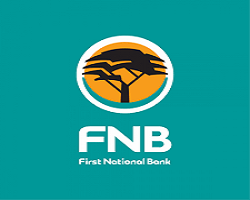GENERAL INFORMATION ABOUT THE UNIVERSITY
The University of Energy and Natural Resources (UENR) was established by an Act of Parliament,
2011 (Act 830). The University is a public funded institution of higher learning and research with an
additional mandate to provide leadership in the sciences, engineering, technology and management of
energy and natural resources. The overall aim is to become a centre of excellence in these critical
areas. The University approaches its programmes and research with strong emphasis on
interdisciplinary collaboration in the areas of economics, law and policy, management, science,
technology and engineering as well as socio-political issues that affect energy and the management of
natural resources. These objectives are pursued through student centred didactic methods in research,
teaching and learning. The University admitted its pioneering students of 154 in 2012 and currently
has over 8,000 enrolled students pursuing various diploma, undergraduate and graduate programmes
at the Sunyani and Dormaa campuses. Teaching and research activities are undertaken by committed
faculty and supported by administrative staff to make sure that institutional aims and objectives are achieved
Vision Statement
To become a world class institution for generating, advancing and applying
knowledge in energy and natural resource sciences.
Mission Statement
To promote the development of human resources and skills required to solve critical energy and natural resources challenges of society and undertake interdisciplinary academic, research and outreach programmes in engineering, science, economics and environmental policy.
Core Values
In order to realize its vision and mission, the University of Energy and Natural Resources shall be guided by the following core values:
- promote innovation, creativity, freedom of thought and creative expression;
- operate with integrity, commitment and transparency;
- promote conservation of energy and the environment;
- establish partnership with stakeholders in skills and knowledge generation and application;
- respond to needs of our students and partner communities;
- promote and incorporate sustainability concepts across all University courses/programmes as well as exemplifying the sustainability culture of staff, students and alumni.






